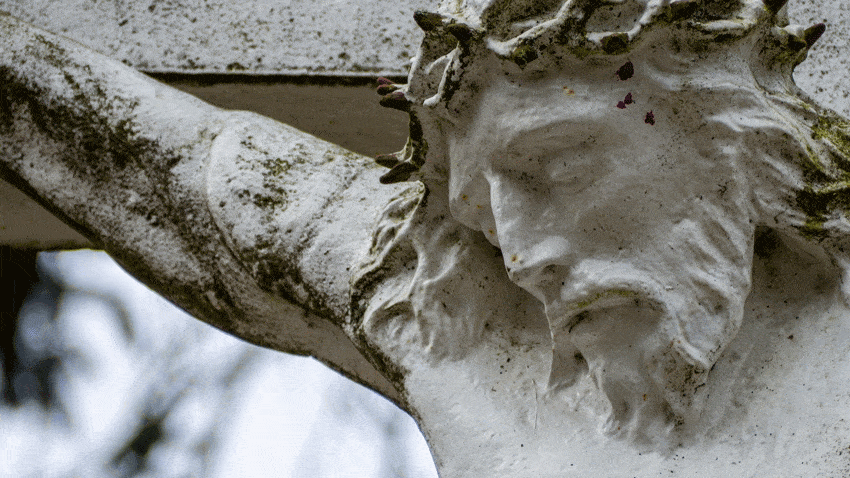
His career has been all about national politics and foreign affairs. Now Greg Sheridan is writing about Jesus.
Christianity: The Urgent Case for Jesus in our world, by Greg Sheridan, published this month by Allen & Unwin follows The Australian Foreign Editor’s first book about faith, God is Good for You. The Catholic Weekly asked him about the new book and his own faith, why public Christianity is important, and how the COVID-19 pandemic is drawing people to consider the things of God.
You decided to write this second book after a friend noted that ‘God is Good for You’ lacked a strong sense of the living Jesus Christ. Can you say a bit more about why you wrote it?
The search for the living Jesus in the Gospels and the rest of the New Testament was a big part of the motive for getting into this book. So was the search for the historical Jesus, who is of course the same person.
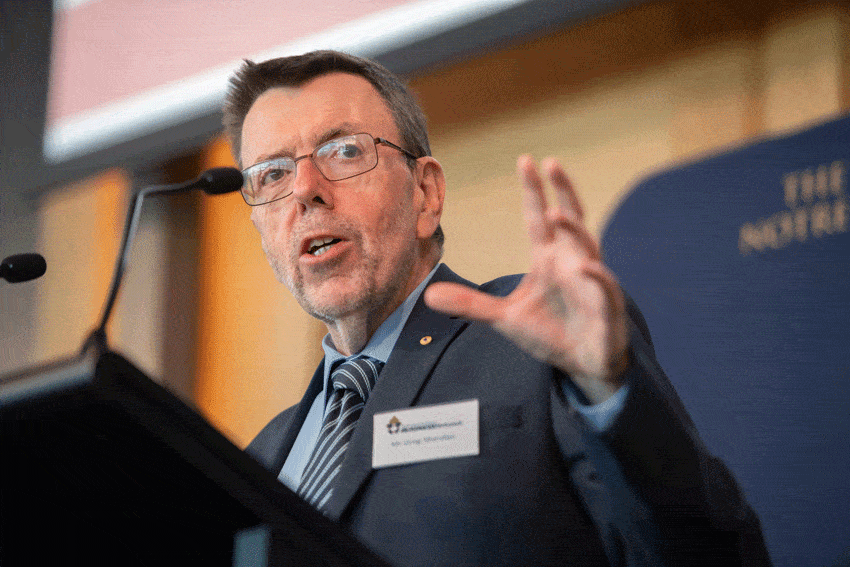
The whole of Christianity is centred on the person of Jesus Christ. I hadn’t previously been in the habit of reading the Gospels, and the rest of the New Testament, an entire book at a time, reading them journalistically so to speak, for the story and the people, rather than meditating on individual passages theologically, as we naturally do at Mass or in structured Bible meditation. But it’s worth reading them a whole book at a time, at least once in your life.
My last book caused me to spend a lot of time in the Old Testament and I found it both gripping, and, surprisingly, quite a lot of fun. In the New Testament I was astonished and overwhelmed by the immediacy, the starkness, the graphic quality of the description of the crucifixion. I was transported by the passion of John’s Gospel.
I rejoiced in the cross-grained magnificent humanity of Paul. And for the first time I began to appreciate something of the dynamism and decisive personality of Mary. These are hardly revolutionary discoveries, but reading the books of the New Testament journalistically, for story and character and sources, was one way, for me anyway, of appreciating their power.
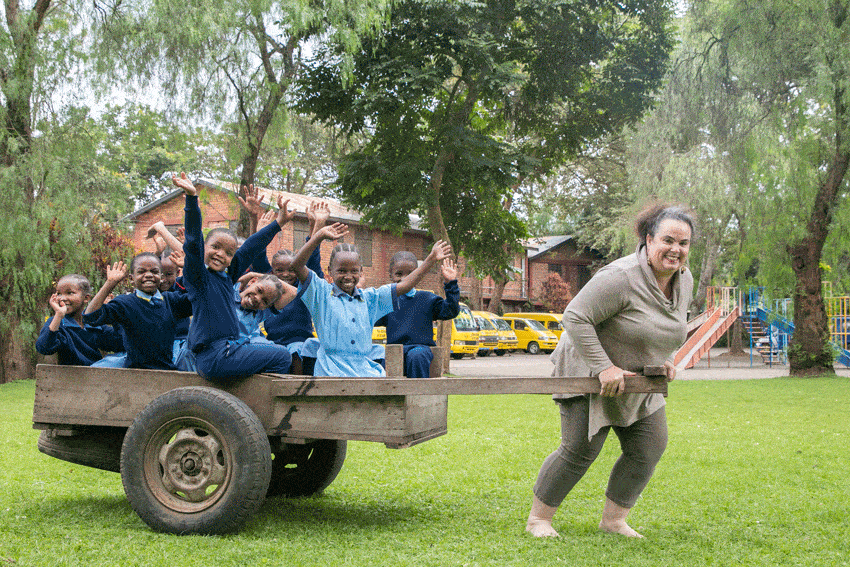
Paul represents the modern Christian because, unlike the other apostles, he wasn’t there during Jesus’ ministry. He shows how intense a relationship a modern person can have with Jesus. It seemed natural then, having spent time with Jesus’ first friends, to look at the people who are his friends today.
Do you think you know Jesus any better than when you started?
Certainly spending a lot more time in the New Testament is good for anyone, including me. I found the moment during the crucifixion when Jesus cries out “I thirst” almost unbearable. And the other moment, when he is so near to death, but he is concerned for the welfare of his mother and instructs John to look after her, is intensely affecting.
Have you explicitly offered this book to Jesus to use as he wishes?
More or less, yes.
Do you think Australian culture has become as secular as it seems to think it is or aspires to be?
Australian culture has become very secular, and frequently hostile to Christianity. But in abandoning Christianity, a culture doesn’t find post-religious rational equanimity, it finds pre-Christian pagan entropy. Suddenly there is no ground below us, and above us only thunder.
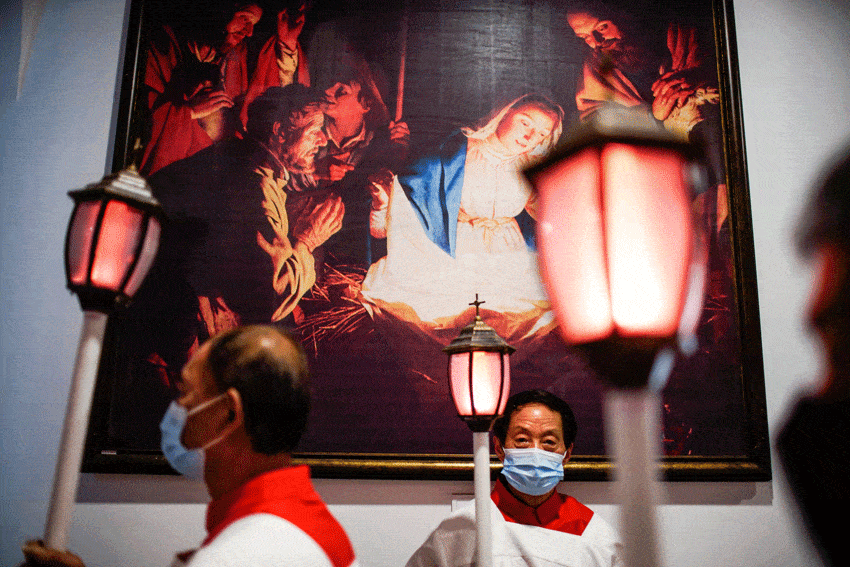
Of course there are still millions of believing Christians in Australia. I would encourage them to be a bit more public. Other Christians need the solidarity, and non-Christians can benefit from a pointer to the truth.
Were you surprised or challenged by any of the people you interviewed or read about?
Everyone I interviewed for the second half of the book I found rewarding. I admired Scott Morrison’s straightforward account of the Christianity which is at the centre of his life. I was grateful to Peter Cosgrove for recalling belief and prayer in the midst of violent military conflict.
And I was profoundly moved by Bill Hayden’s journey to faith, by the blessing he had of being influenced by so many good women. I was frequently challenged by the Gospels, surprised by how much fun and quotidian normalcy there is – Paul arguing with Peter, all the problems of fund raising etc. But I was also challenged by the high ideals of love and service which they command and the always compelling personality of Jesus himself.
Were there any really stand-out moments?
One or two of the active Christians I interviewed who are doing remarkable things struck me particularly. Gemma Sisia is a woman from country NSW who has devoted her life to founding and running three magnificent schools for poor kids in Tanzania.
They are the schools of St Jude, the patron saint of hopeless causes. St Jude is Gemma’s great friend in life and in that endeavour. I read Gemma’s autobiography that she wrote a long time ago, exchanged a few emails with her and then had a long conversation over Zoom.
The conversation was straightforward and she is a very straightforward person and yet at the end of it, almost mystically, I found that I was newly proud to be a human being. The other surprising experience was talking to George Yeo, the former foreign minister of Singapore, who, in a curious episode, I suggested for the Vatican’s finance commission, on which he served with great distinction.
He is, I think, the smartest man I have known and the depth of his faith was captivating. I had known him and interviewed him on political and geo-strategic issues over many years, and while I knew he was a Catholic, I had no idea of the depth or texture of his faith.
Do you think that the pandemic is prompting more people to ask questions about life and the reasonableness of religious belief?
I think Covid is forcing people to confront death and generally we try both to hide from death and to hide death away. A Covid death is distinctively cruel in that it often forces physical isolation on the person dying, something like that which Jesus experienced on the cross. We seldom talk of the four last things anymore – death, judgement, heaven, hell. Covid brings us back to the last things.
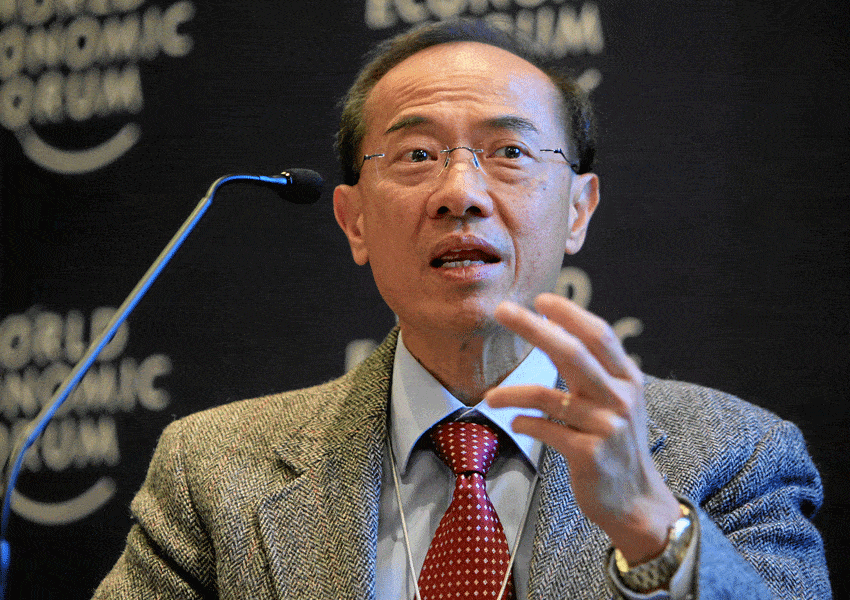
Who do you hope will read the book?
My ambition is to open a conversation in which anyone can participate. I hope Christians might find the book useful in confirming or refreshing some thoughts, that former Christians might find it gets them to think again, that open minded, and indeed closed minded, atheists might engage with it. And if it gets anyone reading the Gospels or other parts of the New Testament that would be a good thing.
You write that the Bible has been a powerful foundation for western culture because it is true. In this era of ‘fake news’ how can ordinary Christians and those in public life today best align themselves with sources of truth?
In the end, it’s impossible to have truth without God, because unless there is a basis for reason in the absolute, then everything is relative, including, especially, the truth.
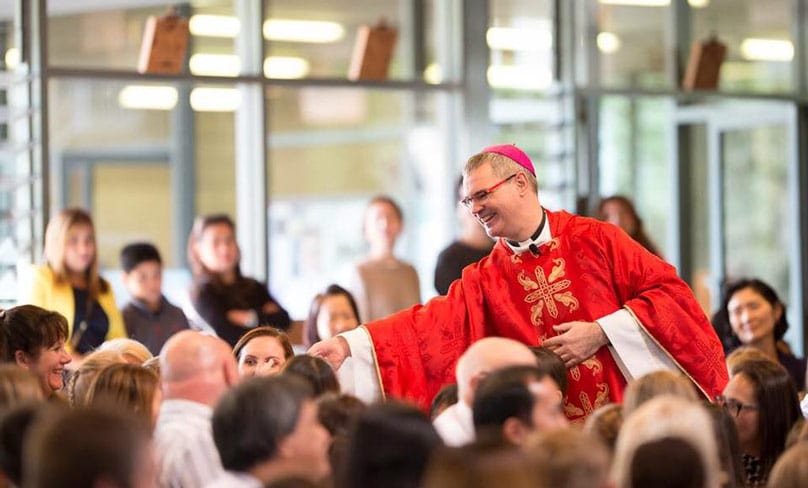
And truth which is relative is not truth. Belief in God allows you the freedom to assert that truth is true. Jesus and Christianity are true emotionally and spiritually, as well as rationally. They are true poetically, they are true for our senses. The truth is in the Gospels, but Christianity has to be a human community as well.
You have to live the truth. I saw someone write, without meaning to be flippant, that God is a verb more than a noun. Faith and truth are in the active voice rather than the passive.
As well as being a defence of the truth of the Gospels, the book also reveals your search for goodness. Would you agree there is also an urgent case for goodness in our world day?
In this book, the search for Jesus is also the search for decency. One of my favourite novelists, Piers Paul Read, in The Free Frenchman, has a character preparing to go into battle and expecting to die. He reflects that while he has not always lived a good life “he has sought the good”.
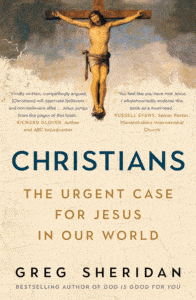 Win a copy of Christians: The urgent case for Jesus in our world
Win a copy of Christians: The urgent case for Jesus in our world
Go into a draw to win one of five free copies of Greg Sheridan’s new book Christians: The urgent case for Jesus in our world.
Just sign up to receive our weekly email and receive a free digital edition of The Catholic Weekly in lockdown plus our editor’s pick of highlights and you will automatically be entered. The book explores the historical evidence for Jesus Christ and the claims made about him by his early followers, the compelling personality of Jesus and those of his first disciples, and the stories of a number of prominent and lesser-known Christians today who are doing extraordinary things out of love for Christ.
From former Governor-General Sir Peter Cosgrove and Prime Minister Scott Morrison to School of St Jude founder Gemma Sisia and Melbourne Archbishop Peter Comensoli, they offer encouraging and sometimes moving witness to their faith. The Catholic Weekly Digital Edition is offered for free each week during the greater Sydney lockdown. Click here to subscribe.
Christians: the urgent case for Jesus in our world is also available from The Mustard Seed Bookshop.
